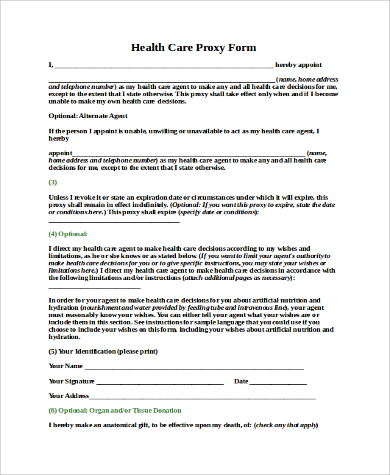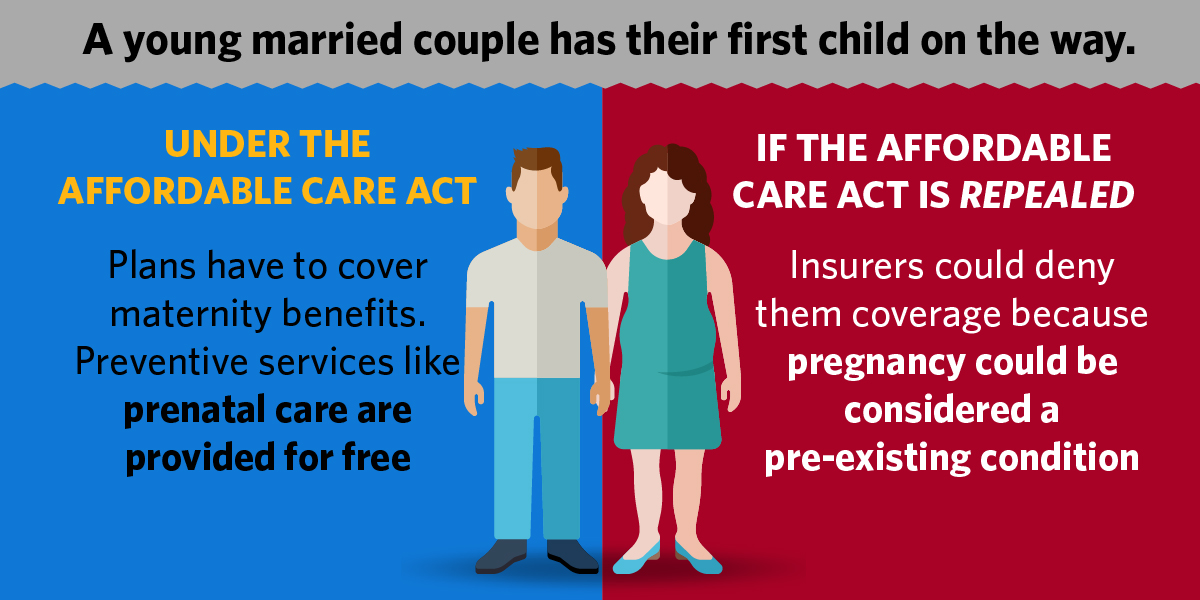Insurance deductible
What if I can't afford my health insurance deductible?
A higher deductible means a reduced cost in your insurance premium. For example, say your policy has a line of $5,000 in coverage. A low deductible of $500 means your insurance company is covering you for $4,500. A higher deductible of $1,000 means your company would then be covering you for only $4,000.
Readjusting medical insurance deductibles can have benefits when it pertains to how much you're paying in monthly premiums as well as how much you're paying of pocket. An out-of-pocket maximum is the optimum amount your medical insurance strategy says you have to spend for protected health and wellness services during the year. High-deductible insurance coverage plans work well for people who prepare for very few clinical costs.
What if I don't have the money for my deductible?
Negotiate a Payment Plan While your doctor can't waive or discount your deductible because that would violate the rules Alcohol Rehab Facility of your health plan, he or she may be willing to allow you to pay the deductible you owe over time. Be honest and explain your situation up front to your doctor or hospital billing department.
- An insurance deductible is the amount of money you have to pay on your own prior to your medical insurance firm will start aiding with your expenses.
- For example, if your insurance policy covers 80 percent of your clinical costs, with a $500 yearly insurance deductible, you should pay a minimum of $500 out-of-pocket prior to the policy begins paying anything.
- Or will we merely have our clinical expenses paid, and also get to maintain the $25,000?
- After you have paid $500 in costs, the insurance plan will certainly cover 80 percent of your clinical expenses for the rest of the fiscal year.
I have seven medical accounts under $100 which have actually mosted likely to collections. Should I send out a Spend for Delete letter to the debt collection agency or should I overlook the bills completely considering that they are below $100. I needed to pay all costs keeping that collection firm (1 bill was 12 years old) before they would certainly delete anything from my credit history record.
Do you have to pay a deductible upfront?
You can deduct your health insurance premiums—and other healthcare costs—if your expenses exceed 10% of your adjusted gross income (AGI). Self-employed individuals who meet certain criteria may be able to deduct their health insurance premiums, even if their expenses do not exceed the 10% threshold.
In the last situation, you may be able to write off the full amount that you paid for premiums (as long as the quantity doesn't exceed your service earnings). However, you can deduct only the expenditures that surpass 10% of your AGI. However, you might have the ability to subtract a few of your premiums if you purchase health insurance on your own using after-tax bucks.
Do you still have a copay after deductible?
If you can't afford to pay your deductible, then there are other options. Sell some of your possessions. Get a payday loan; some states allow for you to get a payday loan from a different state. Wait a few weeks and save up enough money to pay for your car insurance deductible.

In order to make the best options for you, it is necessary you understand the terms that influence how much money you need to pay on a monthly basis, as well as how much you pay when you use the insurance coverage. For instance, you can deduct the quantity you invested in your health insurance costs if your overall health http://zanemtog139.timeforchangecounselling.com/what-can-i-make-with-a-medical-care-administration-level care prices go beyond 10% of your modified gross income (AGI) or if you're independent.

Insurance companies generally send out an Explanation of Advantages (EOB) prior to you get an expense from the service provider. Make sure to undergo these essential files meticulously to ensure you comprehend what your estimated out-of-pocket costs are.